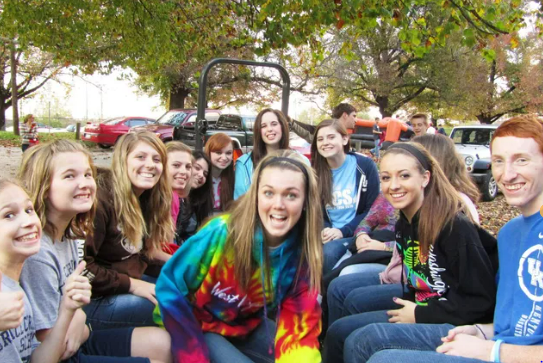
Imagination is a curious thing, something inborn, but sadly, for most adults, it fades over time. The ability for one to conceive of a different, better world becomes more difficult for adults as the reality of life, with all its setbacks and disappointments, settles in.
This is especially true in geographic areas like my own – Appalachia – where historical narrative and reality leave little reason for buoyant imagination. And yet, there are certain things that can begin to turn the fatalistic tide from pessimism and despair to hope – things like new opportunities to provide a better education for one’s child.
West Virginia’s new education landscape, one with charter schools, open enrollment, and the nation’s most expansive education savings account – the aptly-named Hope Scholarship – is exploding with new opportunities for families who desire something different than a traditional public school. The early results indicate that families are eager for alternative education opportunities.
For example, West Virginia’s first four charter schools are projecting a combined enrollment of over 2,000 students, and the Hope Scholarship is approaching 2,000 approved students for the $4,298 Hope education savings account.
For reference, West Virginia’s largest public high school has an enrollment of roughly 1,850 students; Hope-plus-charter school students would comprise the equivalent of the 22nd-largest district (out of 55) in the state. Between charter schools and the Hope Scholarship program, over 4,000 students will have access to an education of their choosing.
It would be difficult to overstate how fast and how far the Mountain State has come. Prior to charter school legislation passing in 2019, West Virginia was one of a sad handful of states that denied students any substantive form of education choice, private or public. However, in the period between 2019-2021, West Virginia experienced a surge of student-centered legislation whose benefits are manifesting right before our very eyes.
Thousands of West Virginians are imagining a brighter future through the power of education choice and personal agency. The enthusiasm is even more encouraging when one considers frivolous lawsuits challenging the constitutionality of charter schools. The Hope Scholarship is a Damoclean sword hanging over the new education programs.
Add in the historical fact that up until three years ago, the concept of choice in education in West Virginia was quite alien, and 4,000 students is very telling, indeed, about parental desires in education.
Imagine how many families across the country might choose another path if given the same opportunities that children in West Virginia now have.
It still feels odd to write such a statement given West Virginia’s history.
It is too easy to get bogged down debating culture wars – masking, critical race theory and the other educational controversies du jour – when what lies at the heart of education and education reform is the ability to envision a story with pages written by one’s own pen.
Despite all its history and baggage, West Virginia provided families with a pen, and thousands have looked at the education system and decided they should write a different story for their children. West Virginia did not become an education backwater overnight, but families are able to change their futures now.
Through education choice, West Virginians no longer must only imagine.
.



[…] This article originally appeared on reimaginED. […]
[…] Read the rest of this article on ReimaginEd. […]